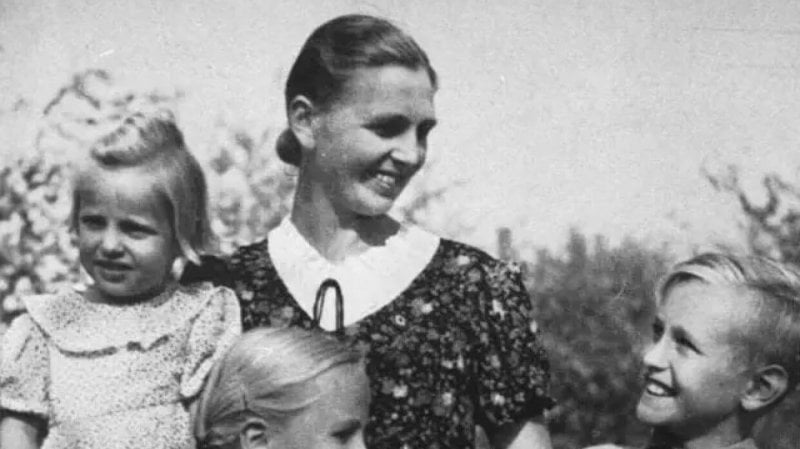Renate Flens, a German woman in her 60s who suffers from depression, tells her psychotherapist that she wants to love her children but just can’t. She and the therapist soon realize that both Flens’s problems may be rooted in her frustration at being unable to allow others to get close to her. After lengthy conversations, they realize something else: a contributing factor may well be the child-rearing teachings of Johanna Haarer, a physician whose books were written during the Nazi era and aimed at raising children to serve the Führer.
…
Haarer’s ideas may still be harming the emotional health of its citizens. One aspect was particularly pernicious: she urged mothers to ignore their babies’ emotional needs. Infants are hardwired to build an attachment with a primary care giver. The Nazis wanted children who were tough, unemotional and unempathetic and who had weak attachments to others, and they understood that withholding affection would support that goal. If an entire generation is brought up to avoid creating bonds with others, the experts ask, how can members of that generation avoid replicating that tendency in their own children and grandchildren?
…
Parents can grapple with their own attachment experiences and try to raise their own children differently. “But,” [researcher Klaus] Grossman says, “in stressful moments, we often fall back on learned, unconscious patterns.”
Read full, original post: Harsh Nazi Parenting Guidelines May Still Affect German Children of Today































